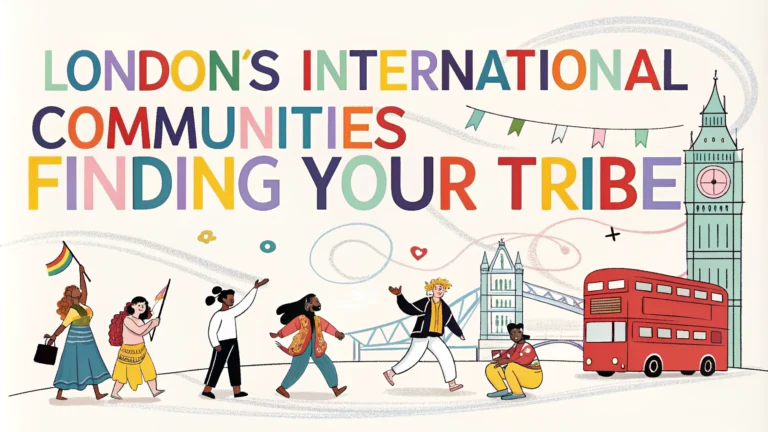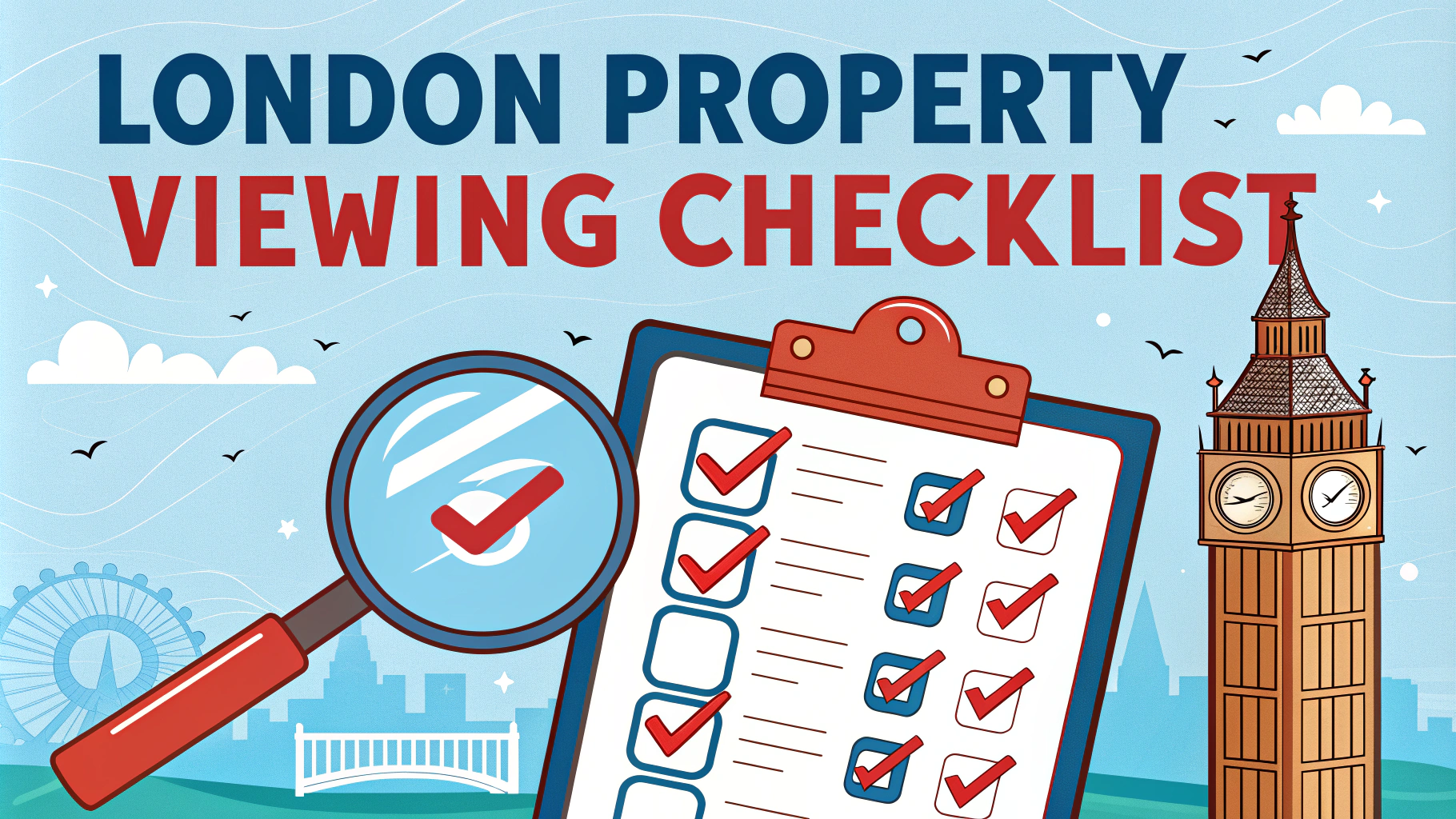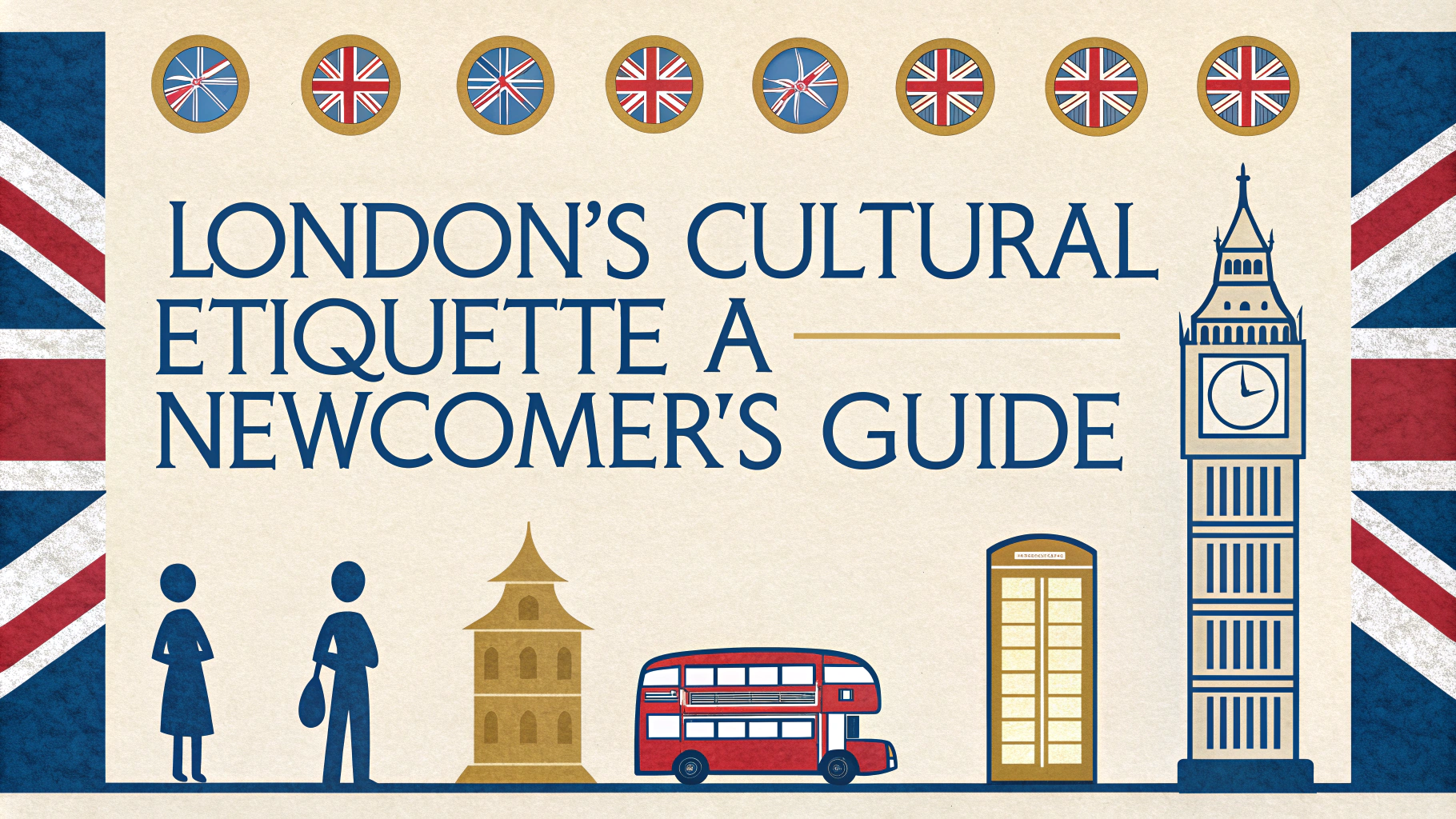Moving to London means joining one of the most diverse cities globally, home to more than 270 nationalities and 300 languages.
Finding your community in this vast metropolis can transform your London experience from overwhelming to welcoming, creating a support network that helps with everything from job hunting to social connections.
This guide helps you connect with international communities in London, highlighting key neighborhoods, cultural centers, and networking opportunities that make settling in smoother.
Popular International Communities in London
- Australian & New Zealand: Primarily centered around Earl’s Court and Shepherd’s Bush
- American: Concentrated in St. John’s Wood, Notting Hill, and Chelsea
- French: South Kensington (nicknamed “Little Paris”)
- Indian: Southall, Wembley, and Harrow
- Italian: Clerkenwell and Islington
- Polish: Ealing and Hammersmith
- Chinese: Chinatown (Soho) and Hackney
Finding Your Community
Online Platforms
- Meetup.com: Search for nationality-specific groups
- Facebook Groups: “Americans in London,” “Aussies in London,” etc.
- InterNations: Professional networking for expats
- LinkedIn: Professional groups based on nationality
Cultural Centers
- Institut Français: French cultural center in South Kensington
- Goethe-Institut: German cultural hub in South Kensington
- Italian Cultural Institute: Based in Belgravia
- Japan House: Located on Kensington High Street
Community Activities and Events
London hosts numerous cultural festivals throughout the year, including Diwali in Trafalgar Square, Chinese New Year in Chinatown, and Notting Hill Carnival.
Regular Meetups
- Language exchange events
- Cultural cooking classes
- Sports teams and leagues
- Professional networking events
- Book clubs in various languages
Religious Communities
- Central London Mosque: Regent’s Park
- London Central Synagogue: Great Portland Street
- Hindu Temple: Neasden Temple (BAPS Shri Swaminarayan Mandir)
- Buddhist Temple: Buddhapadipa Temple in Wimbledon
Professional Networks
Join professional organizations specific to your industry and nationality, such as the American Chamber of Commerce or the French Chamber of Great Britain.
| Organization | Focus |
|---|---|
| American Chamber of Commerce | US-UK business relations |
| German-British Chamber of Industry & Commerce | German-UK business networking |
| China-Britain Business Council | Chinese-UK business connections |
Educational Connections
- International schools’ parent associations
- University alumni groups
- Language schools’ social programs
- Student societies at London universities
Making the Most of Your Community
Participate actively in community events and volunteer opportunities to build meaningful connections.
Consider joining multiple groups to expand your network beyond just your nationality.
Use your community connections to find housing, job opportunities, and practical advice about living in London.
Building Your London Network
Start connecting with your community before moving to London through online forums and social media groups.
Attend welcome events organized by embassies or cultural centers when you arrive.
Remember that building a community takes time – focus on quality connections rather than quantity.
Support Services
- Embassy Services: Regular community updates and events
- Cultural Organizations: Support with paperwork and administration
- Community Help Desks: Guidance on local services
- Translation Services: Help with official documents
Healthcare and Wellbeing
Mental Health Support
- Counseling services in multiple languages
- Cultural-specific support groups
- Online therapy platforms
- Community wellness programs
Family Integration
- Playgroups for international families
- Weekend cultural schools
- Family-oriented social events
- Parent support networks
Business Opportunities
Entrepreneurial Support
- Start-up mentorship programs
- Cultural business networks
- Industry-specific meetups
- Investment opportunities within communities
Thriving in Your New London Home
Embrace London’s multicultural environment by actively participating in your community while remaining open to connections across different cultural groups.
Remember that your international community can be an anchor while you explore everything London has to offer, providing both cultural familiarity and a launching pad for new experiences.
Stay connected with both your cultural roots and the broader London community to create a rich, fulfilling life in this global city.
FAQs
- Where are the main ethnic communities located in London?
Brixton is known for its Afro-Caribbean community, Brick Lane for Bangladeshi, Southall for Indian and Pakistani communities, Chinatown in Soho, Golders Green for Jewish community, and Turkish communities in Dalston and Green Lanes. - How can I find community groups for my nationality in London?
Use platforms like Meetup.com, Facebook groups, local community centers, cultural associations, and embassy/consulate events. Many boroughs also have dedicated cultural centers and organizations. - What are the best ways to meet fellow expatriates in London?
Join InterNations, attend language exchange events, participate in expat Facebook groups, join professional networking groups, attend embassy social events, and explore sports clubs or hobby groups. - Are there specific areas where new immigrants tend to settle first?
East London (particularly areas like Whitechapel and Stratford), Southeast London (Lewisham, Peckham), and Northwest London (Wembley, Harrow) are popular for new immigrants due to affordability and existing communities. - How can I find religious communities and places of worship in London?
The London Buddhist Centre in Bethnal Green, Central London Mosque in Regent’s Park, numerous churches across the city, synagogues in Stamford Hill and Golders Green, and Hindu temples in Neasden and Southall are well-established places of worship. - What resources are available for non-English speakers in London?
Free ESOL classes through local councils, translation services at NHS facilities, multilingual government information services, community support organizations, and borough-specific immigrant support centers. - How can I maintain connections with my home culture while living in London?
Visit cultural festivals, shop at ethnic supermarkets, join cultural societies, participate in traditional celebrations, attend language schools, and engage with community media outlets. - Which areas of London have the most diverse food markets and shops?
Brixton Market, Shepherd’s Bush Market, Borough Market, Ridley Road Market in Dalston, and Tooting Market offer diverse international foods. Areas like Chinatown, Southall Broadway, and Brick Lane are known for specific cultural cuisines. - What support services are available for new immigrants in London?
Migrant Resource Centre, Refugee Council, Citizens Advice Bureau, local council integration services, Job Centre Plus with multilingual support, and various community-specific support organizations. - How can I find schools that support my child’s cultural background?
Many London boroughs have schools offering heritage language classes, international schools, weekend language schools, and cultural education programs supported by embassies and cultural organizations.








